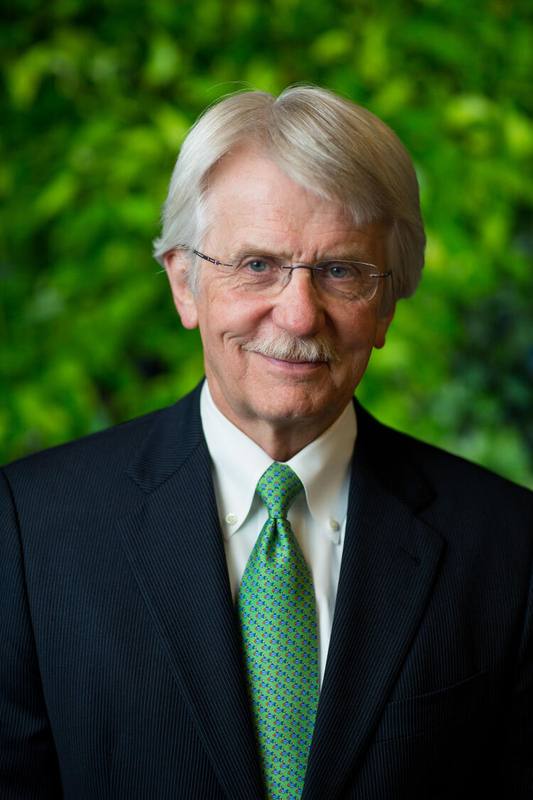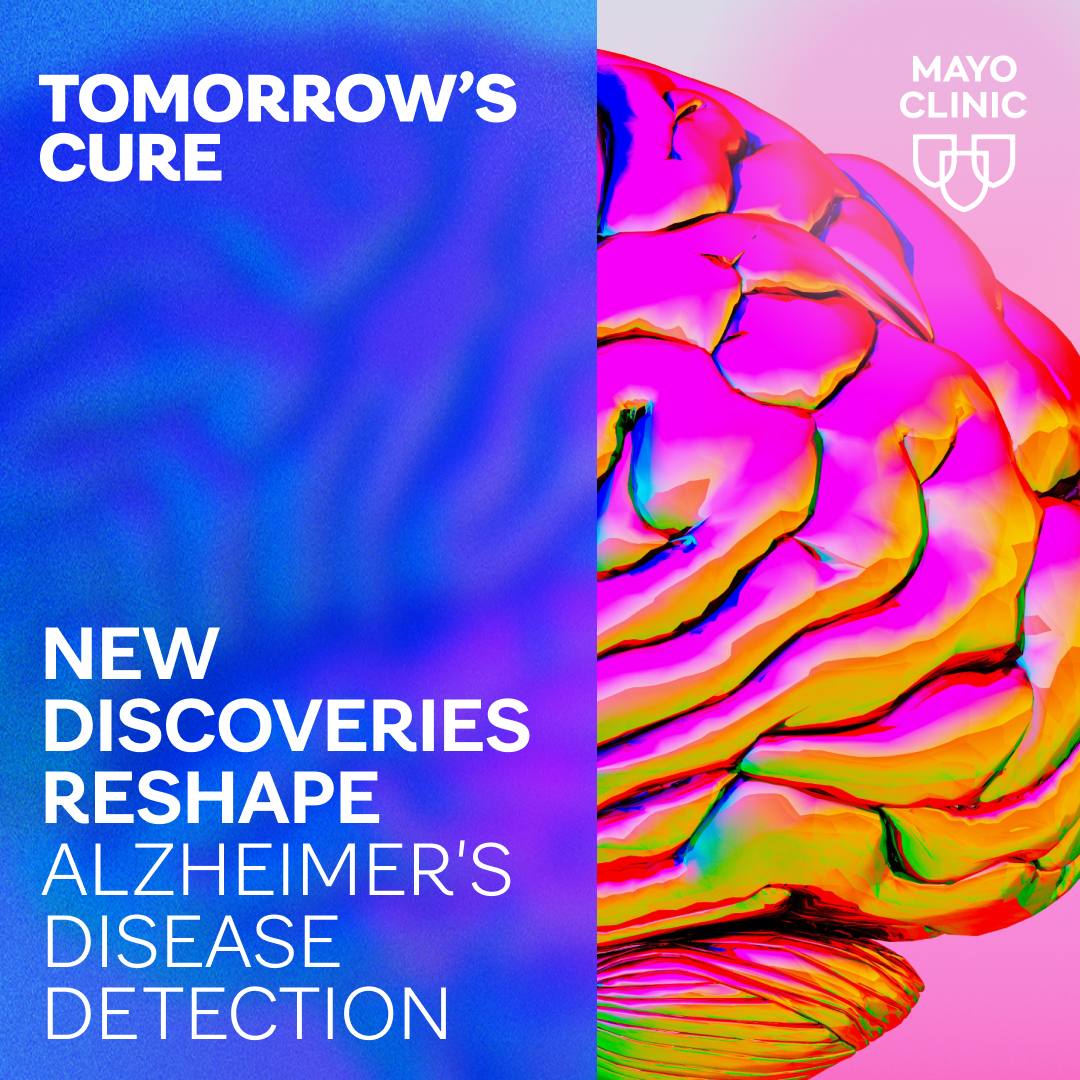-
Mayo Clinic expert provides tips for reducing dementia risk

ROCHESTER, Minn. — More than 55 million people worldwide are believed to be living with dementia, according to the World Health Organization. Ronald Petersen, M.D., a neurologist and director of Mayo Clinic’s Alzheimer’s Disease Research Center, says you can’t prevent dementia, but you can reduce your risk.
Dementia is not one disease, but instead a term for a group of symptoms affecting memory, thinking and social abilities. Alzheimer's disease is the most common form of dementia.

There are more than a dozen risk factors that people can address, Dr. Petersen says.
"They include blood pressure, smoking, obesity and diabetes," Dr. Petersen says. "Sleep is an important factor. Many people have difficulty sleeping, for a variety of reasons, as they age.”
Heavy alcohol use, hearing loss and air pollution also may be risk factors.
“If you attack one or more of these, you may actually be able to reduce your risk of developing cognitive impairment as you age."
Dr. Petersen says it is important to stay active — physically, socially and intellectually.
- Exercise.
- Read books.
- Go to lectures.
- See family and friends.
And have your hearing checked, he adds.
###
About Mayo Clinic
Mayo Clinic is a nonprofit organization committed to innovation in clinical practice, education and research, and providing compassion, expertise and answers to everyone who needs healing. Visit the Mayo Clinic News Network for additional Mayo Clinic news.
Media contact:
- Susan Barber Lindquist, Mayo Clinic Communications, newsbureau@mayo.edu







